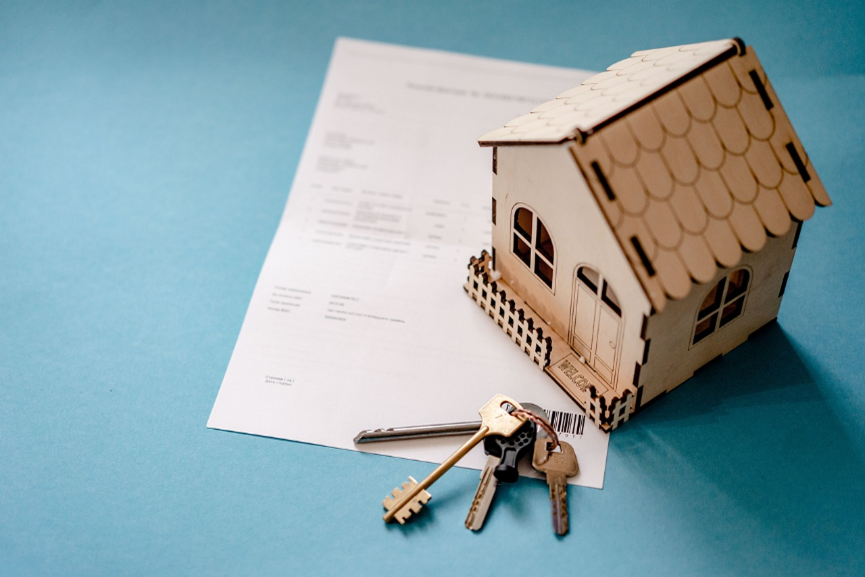On June 28th, President Luiz Inácio Lula da Silva of Brazil enacted Law No. 12,084/2024, officially launching the “Minha Casa, Minha Vida” (Our House, Our Life) clean energy program. This initiative integrates resources with the “Luz Para Todos” (Light for All) program, combining two of the federal government’s key social policies: “housing for all” and “solar energy for everyone.”
Note: “Luz Para Todos,” initiated by the Brazilian federal government in 2003, aims to provide electricity to rural populations and those in remote areas within the Amazon jurisdiction who lack access to public distribution services.
In essence, this new clean energy program will install photovoltaic systems in government-funded, low-income housing projects.
According to the law, by 2027, the program aims to upgrade 500,000 homes with clean energy solutions, investing BRL 3 billion (approximately USD 612 million) in purchasing and installing solar panels. The government will prioritize installing solar panels in newly built homes under the “Urban 1” and “Rural 1” housing plans to generate photovoltaic energy. This clean energy will reduce electricity costs, providing significant financial relief for beneficiary families, especially those with low incomes. Beneficiaries can see their electricity bills reduced by up to 70%, easing the economic burden on the most vulnerable populations.
The clean energy program will benefit families in the “Urban 1,” “Urban 2,” and “Rural 1” categories of low-income housing, with the generated electricity also available for use within the apartment buildings where these families reside.
Note: “Urban 1” (monthly total income not exceeding BRL 2,640), “Urban 2” (monthly total income from BRL 2,640.01 to BRL 4,400.00), and “Rural 1” (annual total income not exceeding BRL 31,680) households.
The BRL 3 billion investment in this program represents one of Brazil’s largest investments in renewable energy for low-income housing, demonstrating the government’s commitment to sustainable development and social justice. The program is expected to create job opportunities in the solar industry, boosting the local economy. Installing and maintaining solar panels will require skilled workers, providing employment and professional training for residents in the beneficiary regions.
Furthermore, surplus electricity generated by the households under the clean energy program can be purchased by power companies or traded with public institutions, ultimately benefiting the nation in areas such as food, healthcare, and education.
The project will set different annual targets for various regions to balance power supply patterns in remote and local areas, minimizing the impact on other citizens. The ministers of the Ministry of Mines and Energy and the Ministry of Cities will jointly determine the annual targets through a separate legislative act.
The Ministry of Cities, in collaboration with the Ministry of Mines and Energy, will be responsible for developing technical guidelines for the clean energy program’s power plants. The Ministry of Cities will also formulate and manage implementation procedures and oversee the companies contracted to install, operate, and maintain the program’s power plants and service lines, regularly monitoring, evaluating, and publishing the results achieved.
Official Information Source: [https://www.in.gov.br/en/web/dou/-/decreto-n-12.084-de-28-de-junho-de-2024-569020012]



